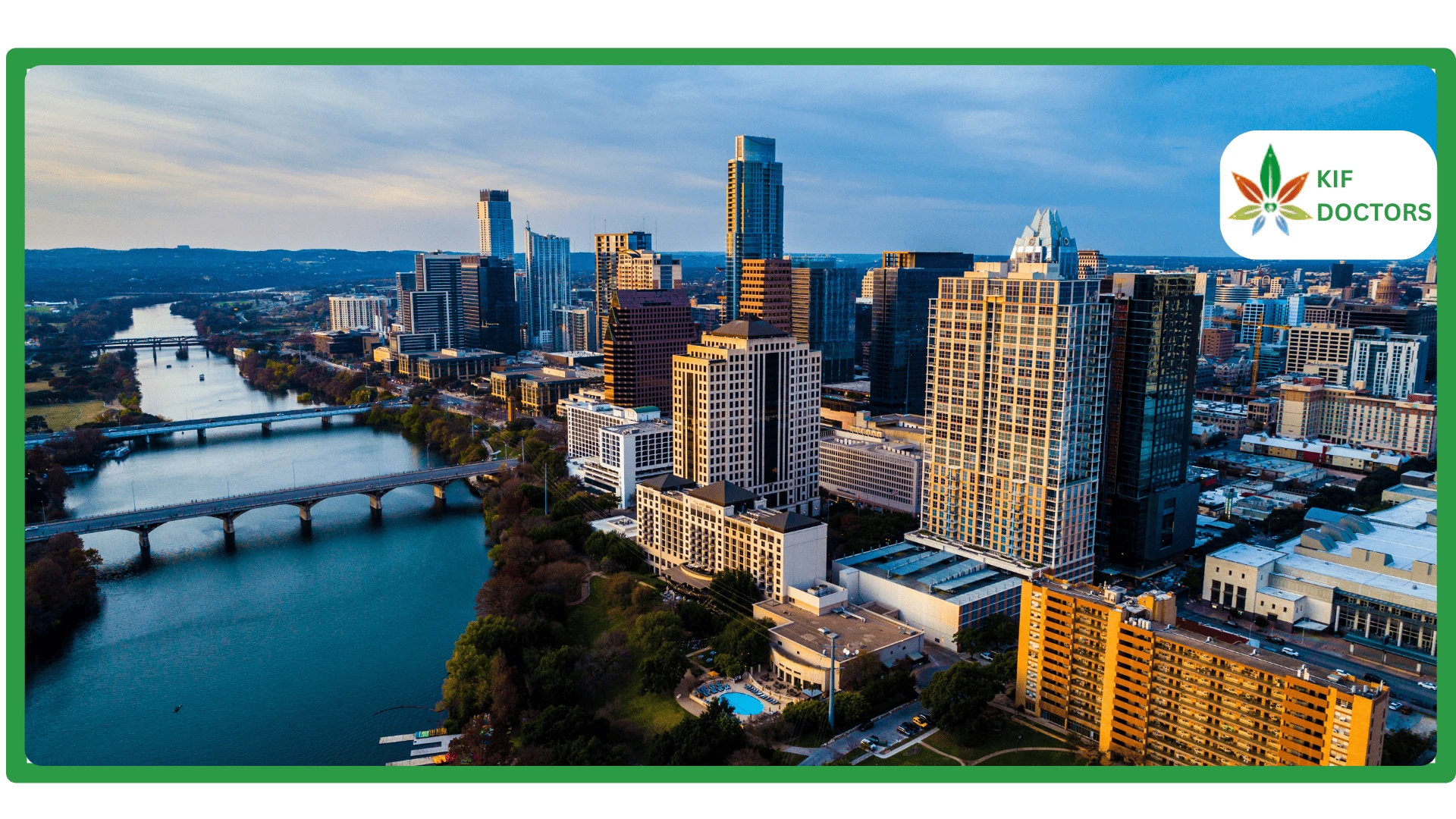It has been one year since Oklahoma implemented its medical marijuana program. Despite a lengthy journey to legalization, the state now boasts some of the most permissive laws compared to others. Unlike many states, Oklahoma does not impose restrictions on qualifying conditions.
While medical cannabis is now legal, there are limitations on the specific types of medicinal cannabis available for sale. The permitted categories include concentrates and oils, flowers, edibles, capsules, tinctures, and topicals.
1. Concentrates and Oils
For fast and convenient consumption of concentrates and oils, vaporizers or inhalers are recommended. These devices heat cannabis to release cannabinoids without the harmful byproducts of smoking. It provides quick pain relief for conditions like migraines, cramps, back pain, and muscle aches. Vaporization takes effect within about 90 seconds. Concentrates offer a portable and user-friendly option, available in interchangeable cartridges. They need a separate battery, often sold separately. Some companies offer disposable pens with a preassembled battery and concentrate for easy and quick use. Oklahoma had strict regulations about cannabis concentrates. But these rules have been lifted for medical cannabis patients. As a result, patients can own up to one ounce of concentrate in their homes.
2. Flower/Smokable Medical Cannabis in Oklahoma
The rapid onset of effects when smoking the cannabis flower can provide immediate relief. But its harshness on the lungs poses a challenge for many individuals. While water bongs can cool the smoke, healthcare professionals recommend smoke-free methods. They carry fewer risks and are preferred. In Oklahoma's medical marijuana program, patients are allowed to own marijuana flowers, seeds, and grow their own plants. Some medical cannabis patients support "grow-your-own" initiatives to lower costs. Patients can cultivate up to six mature plants and an equal number of seedlings strictly for personal medical use. But selling or giving away cannabis without a license is illegal, even among patients.
3. Edibles
Cannabis-infused edibles can take various forms like gummies, chocolates, and beverages, providing discrete consumption and long-lasting effects. But, a drawback of edibles is their slow onset, taking 90 minutes to two hours for full effects to be felt. Unlike smoking marijuana, edibles are processed by the liver, leading to a more intense high. It's important to be cautious with dosage as individuals metabolize cannabis differently, and taking too much can result in adverse effects. In Oklahoma, the sale of edibles was delayed even after medical cannabis legalization due to concerns about quality and safety. In early 2019, edibles became available with regulations on packaging and quality control implemented by the state health department. The legal possession limit for edibles in Oklahoma is 72 ounces.
4. Capsules
Capsules offer a convenient and discreet way to consume cannabinoids. When ingested, the capsules undergo liver processing and absorption, leading to an extended duration of their psychoactive effects. Unlike other methods, capsules provide pre-dosed amounts. It may take some time, 30 minutes to an hour, to experience the effects, they tend to last longer.
5. Tinctures
Cannabis tinctures offer an excellent way to consume cannabis with accuracy in dosing. These discreet tinctures are alcohol-based. It can be ingested orally or placed under the tongue for sublingual absorption. Compared to traditional edibles, tinctures have lower calorie content. They are particularly recommended for patients seeking fast-acting cannabis relief without the need for smoking. Sublingual tinctures are a favorable choice for managing conditions such as headaches and chronic pain. It is advisable to consult with a doctor to determine the optimal absorption rates when selecting a sublingual option.
6. Rubs/Topicals
Transdermal methods such as lotions or rubs are perfect for specific pain areas. It can provide results without any mind-altering effects. When you apply these non-intoxicating solutions to your skin, they are absorbed, making them a wonderful choice for individuals seeking the healing advantages of cannabis without experiencing a psychoactive state. In general, they are highly effective in alleviating pain and reducing inflammation in the targeted region.
Medical Cannabis Laws in Oklahoma
Oklahoma legalized medical cannabis in June 2018 through State Question 788. The law allows patients with qualifying conditions to get a medical cannabis card. The law grants them access to buy, own, and consume medical cannabis products. The state has implemented a comprehensive regulatory framework to ensure patient safety.
Recreational Cannabis Laws in Oklahoma
While medical cannabis is legal in Oklahoma, recreational cannabis remains illegal. Possession, cultivation, and distribution of recreational cannabis are prohibited under state law. But, several advocacy groups are pushing for the legalization of recreational cannabis.
Also Read: How To Get A Medical Marijuana Card In Oklahoma?
Conclusion
Oklahoma's medical cannabis program provides patients with a wide range of options to choose from when it comes to accessing the therapeutic benefits of cannabis. From flowers and edibles to concentrates and topicals, patients have diverse methods of consumption to suit their individual needs.
 Since 2021, Kif offers a streamlined platform to get a medical marijuana card online. We have served more than 45K patients across the United States. Sign Up Now to get the right to use medical cannabis for your health condition without any delay.
Since 2021, Kif offers a streamlined platform to get a medical marijuana card online. We have served more than 45K patients across the United States. Sign Up Now to get the right to use medical cannabis for your health condition without any delay.
























